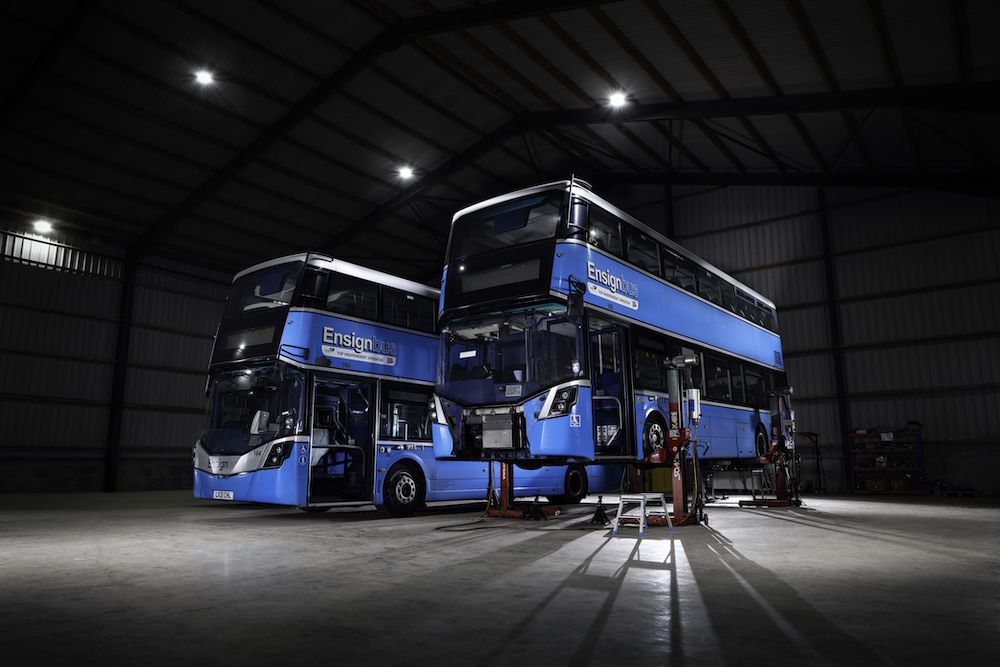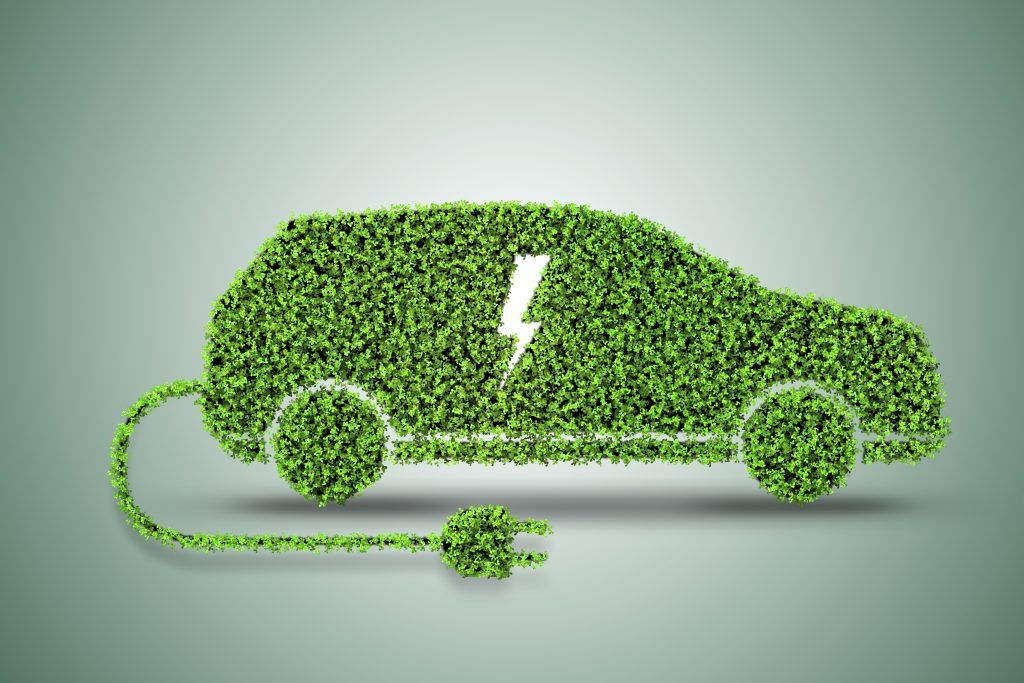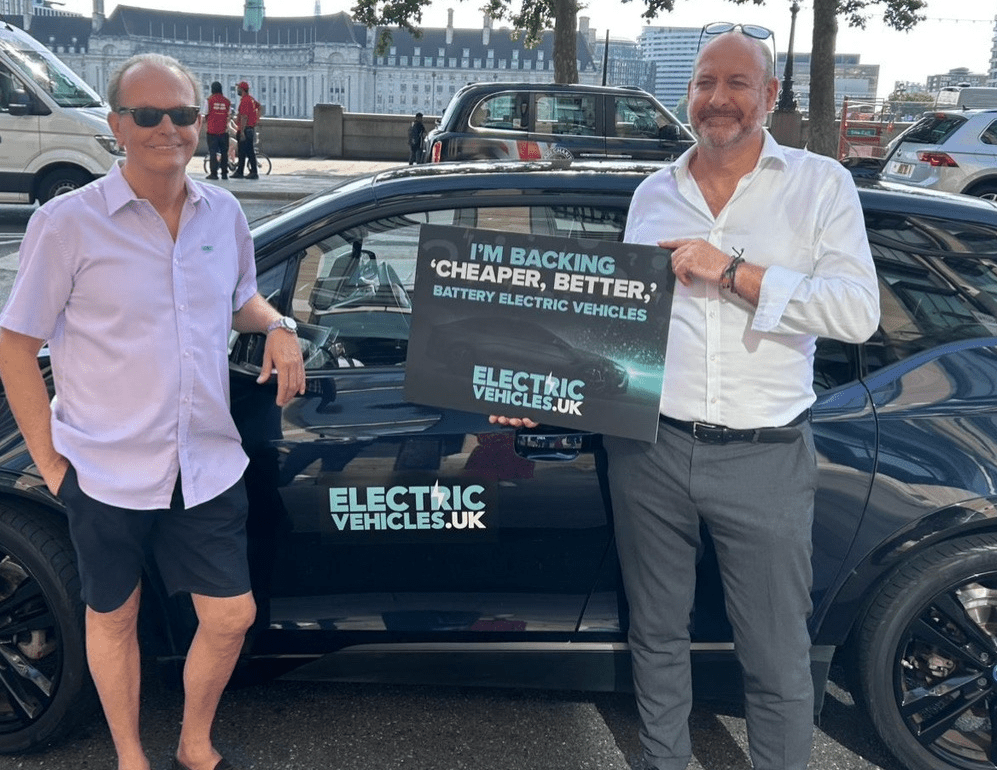In his latest exclusive column for Transport + Energy motoring broadcaster and transport campaigner Quentin Willson discusses the energy crisis and examines how electrification provides the answer to get out of it.
We’re chin deep in an energy crisis. Who knew? In a few short months this country has woken up, blinking in the glare of a broken energy ecosystem. Geopolitical tightening of gas supplies has brought record prices, crude is at a seven-year high and could be heading for $90 a barrel, there’s a shortage of renewables, electricity prices are spiking, and over a dozen energy suppliers have gone bust. Drivers have been queuing on forecourts and factories are being told they may have to reduce gas consumption to balance supplies. And all, rather embarrassingly, just weeks before COP 26. This feels like 1974. How has this happened?
Sure, post lockdown demand has strained many sectors but for the UK’s energy supply chain to buckle quite so quickly and so severely has surprised many commentators. And its serious. For intensive energy users such as the steel, chemicals and fertiliser sectors, their rise in energy costs may price them out of the market and force plants to close. Diesel is in £1.50 a litre territory and the effect of higher road fuel costs will raise retail, raw material and factory gate prices, not to mention inflation. OPEC seems stubbornly reluctant to pump more oil and help reduce global market tightening. And Russia won’t pump more gas until their geopolitical demands for their new pipeline are met. This isn’t just an energy crisis – it’s an energy security crisis.
And its not as if we haven’t been warned. The Great Recession of 2008-09 was caused by crude being bullied up by traders to $147 a barrel in 2008. By the start of 2009 it had fallen back to just $40 and collapsed the global economy. Yet governments have ignored this lesson in economic history. In 2013, along with Robert Halfon MP, I presented a 120,000-signature petition to the Office of Fair Trading asking that the retail road fuel market be investigated for anti-competitive practices. The OFT decided not to investigate, said the market was working just fine and that high pump prices were caused by fuel duty and climbing oil prices. Eight years later the government is still allowing volatile oil prices and a dysfunctional fuel market to hold this country’s economy to ransom. Suddenly we’re paying £2,000 to heat our homes and £70 to fill up our cars. It’s time the UK stopped being the victim of volatile energy prices.
Because now we have the technology. Cars that will now strobe reliably for 300 miles on electricity alone, cities that twinkle with energy from static storage and planes and boats that cleave silently through air and water powered by renewable energy. And we’ve only just started. Imagine what will happen if we really knuckle down and make creating and storing renewable energy our industrial holy grail. This vision is now close enough to touch with battery tech improving every week, more and more days when the grid is powered by 40% by renewables and a rising consumer awareness that the old fossil fuel order is broken. And if you don’t believe in climate change or lowering carbon emissions think about the economic and social savings. Take out the costs of highly priced fossil fuel energy from the economy and you’ll raise GDP by several percentage points, add as much as £4,000 a year to average disposable incomes, reduce respiratory health care costs and radically transform the quality of the air we breathe. And nobody can hold us to ransom. Build enough turbines, solar and hydro and we can make our renewables reliable.
The holy grail of the 21st century is batteries. There is no short-term, low-cost alternative. Yes, hydrogen and fuel cells may one day play a role, but right now we need our politicians, ministers, legislators and policy makers to learn and understand about batteries. Ironic, – isn’t it – that most people broadly know how a car engine works, but ask them about batteries, and they’ll look down at their shoes. Electrification is possibly the greatest commercial opportunity since, coal, oil and the railways. If Britain misses this once-in-a-generation opportunity to transition from dirty fuels to clean, we’ll never forgive ourselves. And neither will our children.
Quentin Willson joined the Transport + Energy editorial board last month and writes an exclusive monthly column for the publication.
In his first column which was published in September he outlined his concerns about the amount of information doing the rounds designed to discredit the electric vehicle (EV) in all its forms and what can be done to combat this.














